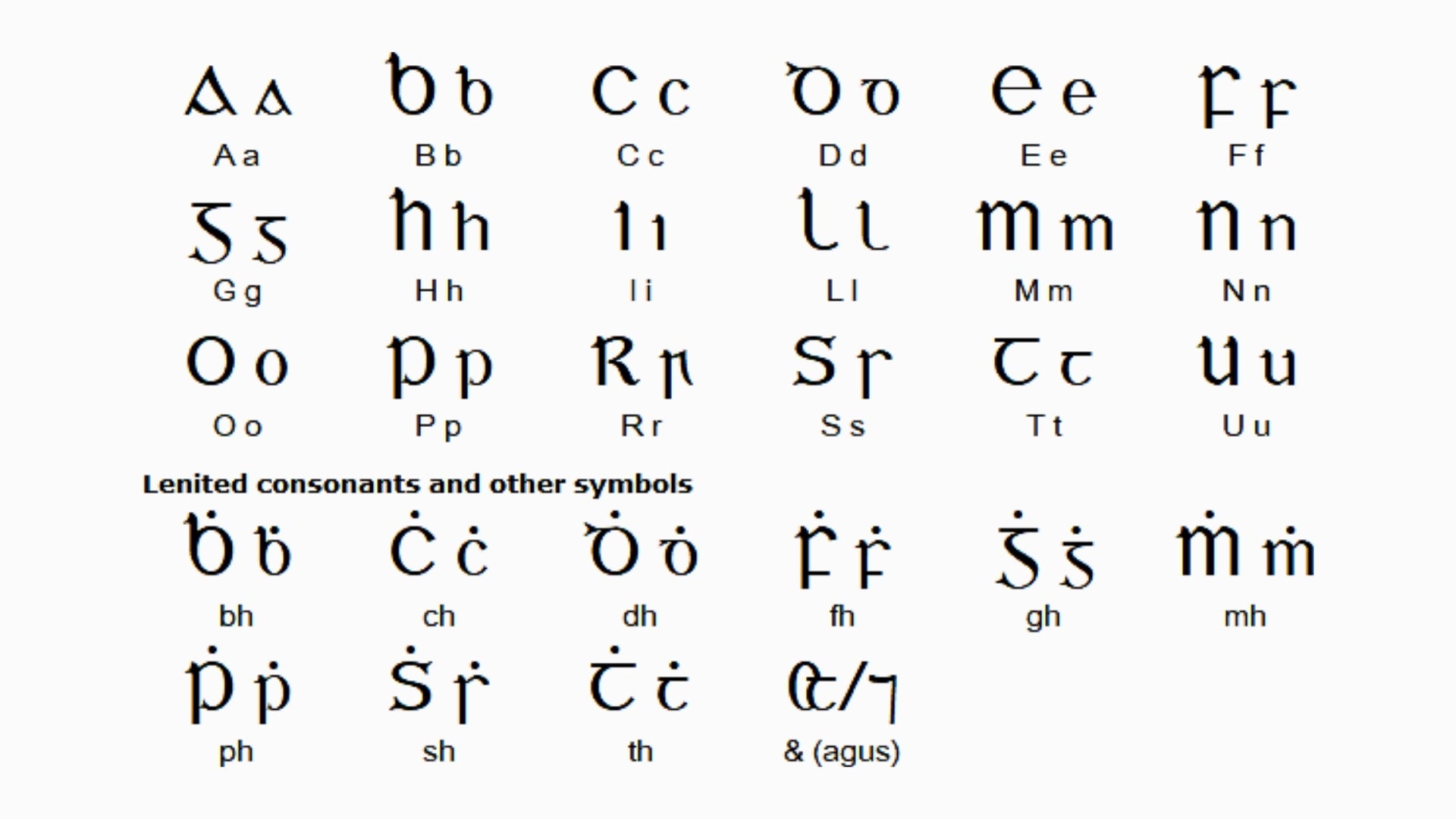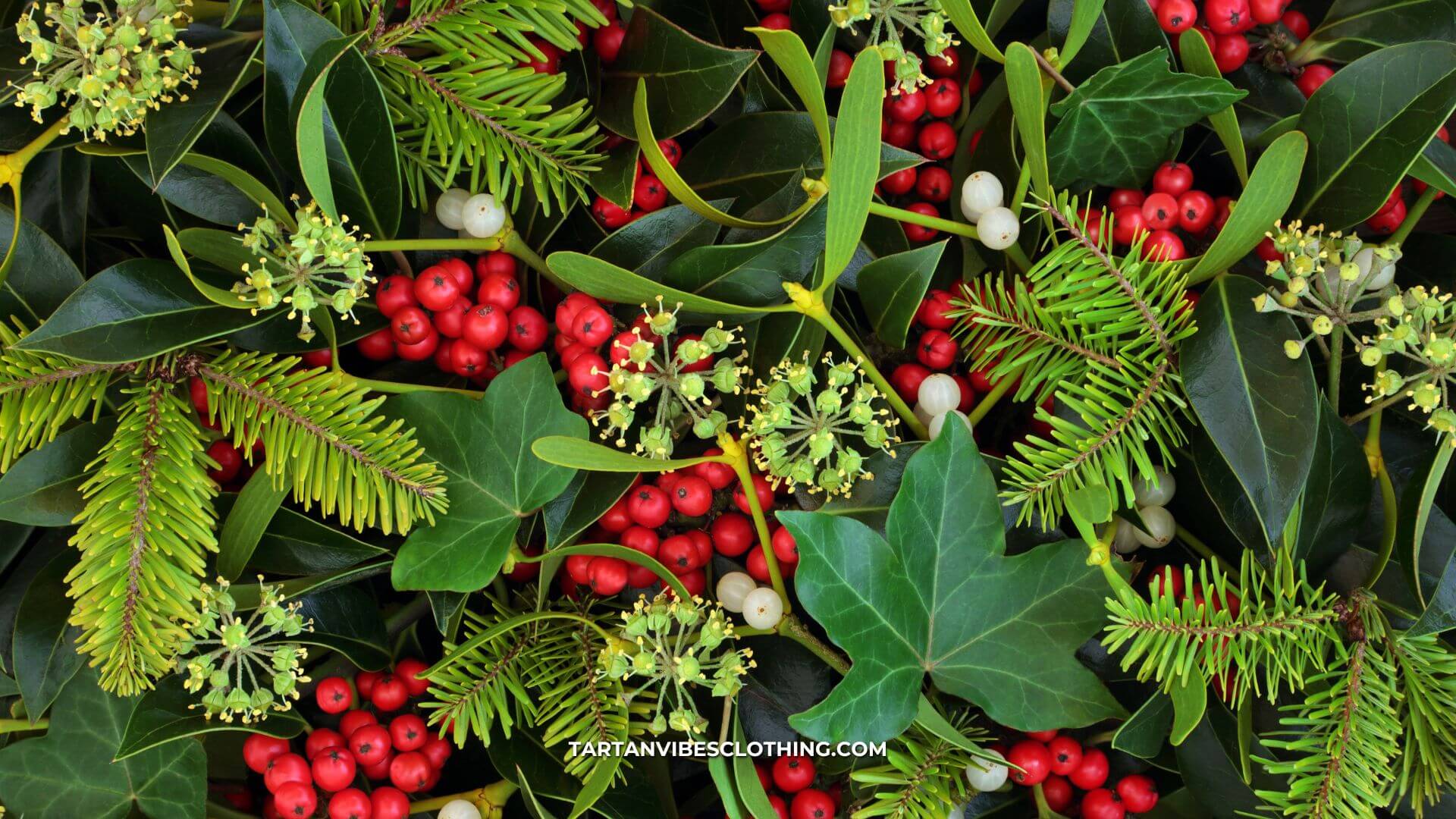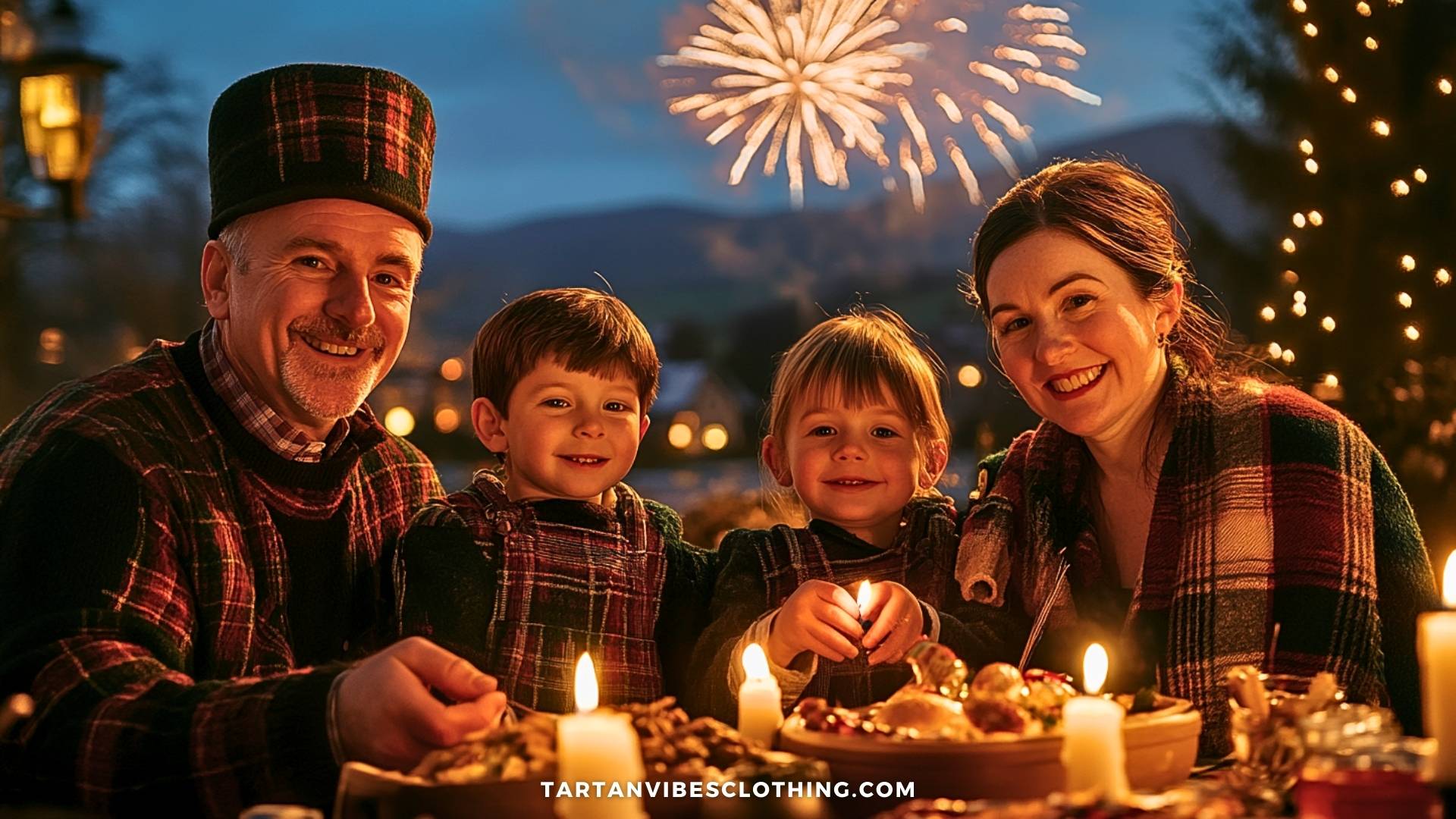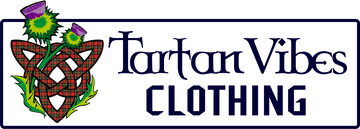Table of Content
As the year draws close, it's the perfect time to look forward with hope and gratitude. In Ireland, celebrating the New Year isn’t just about parties and fireworks—it’s about honoring traditions, embracing the Gaelic language, and connecting with loved ones nearby.
Suppose you've ever wondered how to say Happy New Year in Irish or want to dive into the unique customs of Irish New Year celebrations. In that case, this guide has everything you need to know. Let’s uncover this cherished phrase and tradition's meaning, pronunciation, and cultural significance.
The Meaning and Pronunciation of Happy New Year in Irish
Literal Translation of the Phrase
Wishing someone a Happy New Year in Irish isn’t just a simple greeting. It reflects Ireland’s deep-rooted traditions. The phrase Athbhliain faoi mhaise duit carries heartfelt wishes for happiness, prosperity, and blessings, making it a beautiful way to connect with Irish culture.
Singular: Athbhliain faoi mhaise duit (Happy New Year to you).
Plural: Athbhliain faoi mhaise daoibh (Happy New Year to you all).

Each word has a specific meaning:
Athbhliain: Translates to "New Year," symbolizing fresh beginnings and hope.
Faoi mhaise: Represents prosperity, goodness, and blessings—deeply cherished in Irish traditions.
Duit/Daoibh: Adds a personal touch, highlighting the Irish emphasis on meaningful and heartfelt connections.
Phonetic Pronunciation

To ensure you sound like a native speaker, here’s the phonetic breakdown:
Singular: Ah-vleen fway vah-sha ditch.
Plural: Ah-vleen fway vah-sha dheev.
Including duit (to you) or daoibh (to you all) reflects the Irish tradition of tailoring greetings to individuals or groups, making every interaction feel more personal and thoughtful.
Dialectal Variations
Irish, or Gaeilge, has three main dialects—Munster, Connacht, and Ulster—each adding unique variations to pronunciation. In the New Year’s phrase Athbhliain faoi mhaise duit, the word faoi is pronounced as fway in Munster. At the same time, Connacht and Ulster use fwee, with Ulster often having a sharper tone. These subtle differences reflect the rich diversity of Irish, and any effort to speak the language will be warmly appreciated!

How to Respond to Happy New Year in Irish Gaelic
If someone greets you with Athbhliain faoi mhaise duit, a polite response would be:
"Go raibh maith agat, Athbhliain faoi mhaise duit!"
This means: "Thank you, Happy New Year to you too!"
This phrase can also be written on New Year’s cards or shared on social media to add an authentic Gaelic touch to your celebrations. Whether spoken or written, incorporating these Irish phrases into your interactions is an excellent way to celebrate Irish culture and tradition.

Irish Traditions for New Year’s Eve
Oíche Chinn Bliana (Year’s End Night)
The phrase Oíche Chinn Bliana, meaning "Year’s End Night", is the Irish term for New Year’s Eve. It marks a time for reflection on the past year and anticipation for the future. Families gather to share stories, cherish memories, and set intentions, fostering a sense of hope and unity for the year ahead.

Lighting Candles in Memory of Loved Ones
Placing candles in windows on New Year's Eve is a poignant Irish tradition. This act honors those who have passed away and those far from home, including emigrants. It symbolizes warmth and connection, inviting their spirits to join the celebration and comfort those remembering loved ones across distances. To honor this tradition, you can light a candle on New Year’s Eve to reflect on loved ones and keep their memories alive.

Oíche na Coda Móire (The Night of the Great Feast)
Known as the "Night of the Big Portion", this tradition involves sharing a hearty meal with family to symbolize abundance and good fortune for the year ahead. Families believed that beginning the New Year with plenty would ensure sustenance throughout the months. Importantly, no food was removed from the house during this feast, as it was thought to prevent prosperity from leaving the home.

Flinging Bread at the Door
A unique custom involves banging bread against the walls and doors of the house to drive away bad luck and evil spirits. Often, traditional loaves like soda bread were used. This act invited good fortune and reflected Ireland’s historical hardships with famine, symbolizing the collective hope for plenty in the coming year.

Opening Doors to Let the Old Year Out
Irish households often open the backdoor at midnight to let the old year out, symbolizing the release of past challenges and misfortunes. The front door is then opened to welcome the new year, inviting fresh opportunities and positivity into the home. This simple yet profound act represents a clean slate and a hopeful start.

Ensuring the First Visitor Brings Luck
In Irish tradition, the identity of the first visitor, or "first-footer", after midnight is highly significant. A tall, dark-haired man was considered ideal, as fair-haired visitors were thought to bring bad luck, a superstition possibly tied to ancient Viking invasions. Families often arranged for an auspicious first-footer to set a positive tone for the year ahead.

Spring Cleaning
In the days before New Year's Eve, families across Ireland thoroughly clean their homes. This act symbolizes leaving behind the old to make space for new opportunities, a concept rooted in practical and spiritual beliefs. It echoes ancient Celtic purification rituals, ensuring a fresh and positive start to the New Year.
🎆✨ Discover the top 17 Irish New Year traditions to bring luck, joy, and prosperity into 2025—click here to start your year the Irish way! 🍀🎉
Why Gaelic Language Matters in Celebrations
Using Gaelic phrases like Athbhliain faoi mhaise duit goes beyond simple language—it’s a way to preserve Ireland’s rich cultural heritage. These phrases connect people to their roots, keeping the traditions of the Irish language alive in the modern world.
Hearing their native language during celebrations evokes a deep pride and nostalgia for older generations and Gaelic speakers. It bridges the gap between past and present, creating a shared cultural experience that resonates with both young and old. Incorporating Irish phrases during the New Year is a heartfelt way to show respect for this vibrant linguistic tradition.
Fun Facts and Lesser-Known Traditions
Honoring the Dead at the Dinner Table
One of Ireland’s most heartfelt New Year traditions involves setting an extra place at the dinner table to honor deceased loved ones. This symbolic gesture invites their spirits to join the celebration, fostering a sense of connection with family members who have passed on. In some homes, families leave the door unlatched during the meal to allow these spirits to enter freely, blending remembrance with the warmth of hospitality.
The Mistletoe Marriage Tradition

For single women, New Year’s Eve is a romantic superstition steeped in Irish folklore. They place mistletoe, holly, or ivy leaves under their pillows in the hope of dreaming about their future spouse. This charming tradition reflects the Irish love of storytelling and deep cultural connection to nature, blending hope for love with the magic of the season.
These lesser-known customs highlight Ireland's rich cultural heritage, emphasizing the importance of family, love, and remembrance in New Year celebrations. Each tradition offers a unique way to honor the past while looking forward to the future.
Irish Gaelic Words and Phrases for the New Year
Expand your Gaelic vocabulary with these festive expressions to add authenticity to your New Year’s celebrations.
English |
Irish (Gaeilge) |
New Year’s Eve |
Oíche Chinn Bliana |
New Year’s Day |
Lá Caille |
Cheers |
Sláinte |
Blessings |
Beannachtaí |
Resolution |
Rún na hAthbhliana |
New Year’s Feast |
Oíche na Coda Móire |
Family |
Clann |
Music |
Ceol |
Drinking |
Óil |
Dancing |
Ag damhsa |
Eating |
Ag ithe |
Partying |
Cóisir |
Celebration |
Comóradh |
Toast |
Ar son na hathbhliana |
Happiness |
Áthas |
Prosperity |
Rath |
Luck |
Ádh mór |
Visiting Ireland for New Year’s Celebrations
Dublin – New Year’s Festival (NYF Dublin)
Dublin’s New Year’s Festival is a must-see, featuring dazzling fireworks, Countdown Concerts, and the enchanting Procession of Lights. Families and friends gather to enjoy live performances by top artists and immerse themselves in the city’s lively energy. For an unforgettable moment, watch the midnight fireworks over the River Liffey.
Galway – Cultural and Festive Charm
Galway, often called the cultural heart of Ireland, offers a more intimate New Year’s Eve experience. With traditional Irish music, street parties, and family-friendly events, Galway’s celebrations blend artistic flair with warmth and community spirit. Visit Eyre Square for live performances and soak in the festive atmosphere.
Countryside – Serene Traditions

If you prefer a quieter celebration, Ireland’s countryside offers peace and tradition. Spend the evening in picturesque villages, lighting candles to honor loved ones, sharing hearty meals, and enjoying meaningful moments with family. The serene landscapes make it a perfect escape for those seeking a reflective start to the year.
Conclusion
Celebrating the New Year in Irish is about more than just saying “Athbhliain faoi mhaise duit”. It’s about embracing the spirit of renewal, honoring traditions, and connecting with loved ones meaningfully.
This year, add a Gaelic touch to your celebrations and create meaningful memories inspired by Ireland’s traditions. Athbhliain faoi mhaise daoibh!
Frequently Asked Questions
How to wish happy new year in Ireland?
To wish someone a Happy New Year in Ireland, use the Gaelic phrase "Athbhliain faoi mhaise duit" (for one person) or "Athbhliain faoi mhaise daoibh" (for multiple people). This heartfelt expression means “Happy New Year to you” and carries wishes for prosperity and blessings in the coming year.
How do Irish people say happy new year?
Irish people traditionally say "Athbhliain faoi mhaise duit" to wish Happy New Year. Pronounced as "Ah-vleen fway vah-sha ditch", it’s a beautiful way to embrace Ireland's rich cultural heritage and connect with its Gaelic roots during New Year celebrations.
What do the Irish say at New Year's?
So from all of us in Dublin, we wish you and yours a happy and healthy New Year - "Athbhliain Faoi Mhaise"
How do you respond to "Happy New Year" in Irish?
If someone says Athbhliain faoi mhaise dhuit to you, you can respond: Athbhliain faoi mhaise dhuit!
Why is using Gaelic important during New Year celebrations?
Using Gaelic phrases preserves Ireland’s cultural heritage. It fosters a sense of pride and connection to Irish traditions, especially for older generations and Gaelic speakers.









